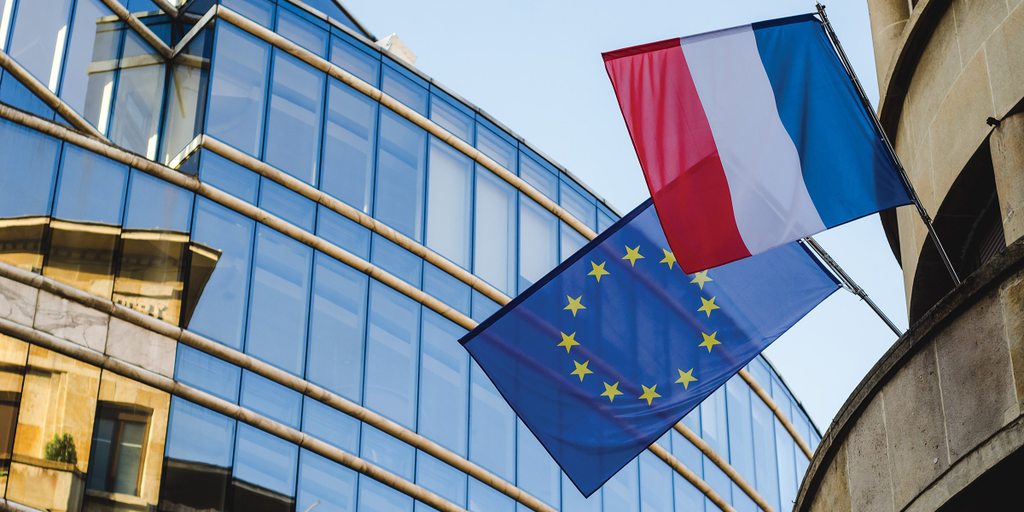French Pornhub users rushed to ProtonVPN this week after the adult site blocked access from France in protest of new government-mandated age verification rules, the company said, claiming that signups for the service surged 1,000 in just 30 minutes.
ProtonVPN is part of a suite of privacy tools developed by Proton AG, a Switzerland-based company best known for its encrypted email service, ProtonMail.
While ProtonVPN reported a 1,000 surge in French signups this week, it didn’t disclose the number of users it had in the country before the spike, making the figure difficult to interpret.
Still, ProtonVPN ranks among the more widely used VPNs worldwide.
According to Appfigures, it was downloaded 3 million times on Google Play in May, with an estimated 620,000 additional downloads via the Apple App Store.
By comparison, NordVPN saw about 1.7 million downloads across both platforms, and ExpressVPN totaled around 690,000.
Proton acknowledged the surge and voiced concern about the broader implications of mandatory age verification laws—and the unintended ways virtual private networks, better known as VPNs, are being used to circumvent them.
“We built Proton VPN to help people in authoritarian countries bypass online censorship. An access gateway for porn was obviously not what we had in mind,” a Proton spokesperson told Decrypt. “But VPNs can be used this way, and signups from France have temporarily increased by a factor of ten.”
Virtual private networks encrypt internet traffic and mask IP addresses, allowing users to browse privately and access region-restricted content.
The decision to block access to Pornhub followed a French law enacted in May 2024, requiring adult websites to verify users’ ages—a measure Pornhub’s parent company, Aylo, criticized as futile.
The company argued that the rules made French citizens more vulnerable to data theft and illicit content, while failing to protect children, a sentiment echoed by Proton.
“We believe the age verification approach is not the best way of restricting children‘s access to illicit content,” the Proton spokesperson wrote. “There‘s no such thing as age verification for children only; it‘s age verification for everyone.”
Proton said that allowing offshore porn sites or other third parties to collect IDs from adults creates a central repository of sensitive information, which carries serious risks of blackmail and data misuse.
Attempting to access Pornhub from France, users were met with a declaration from the company lambasting the French government’s actions.
Instead of website-level age verification, Aylo and Proton support device-level verification as a more effective solution.
“All it requires is that the government enforce regulations on three companies–Apple, Google, and Microsoft–the three operating system manufacturers requiring age verification at the device level prior to accessing adult content,” Aylo said in a statement.
Digital restrictions have repeatedly driven users to adopt alternative technologies.
In December 2020, major credit card companies—including Mastercard, Visa and Discover—blocked payments to Pornhub after a New York Times investigation alleged the site hosted illegal content, including child abuse and nonconsensual videos.
Mastercard permanently ended its relationship with the platform, while Visa suspended payments pending further review. In response to its payment services being cut, Pornhub began accepting cryptocurrency for its premium subscription service.
The surge in VPN signups marked another front in the ongoing battle over anonymous access to adult content.
Lawmakers are increasingly turning to age verification laws to shield children from explicit material.
Other countries enacting these measures include the United Kingdom and Germany. In the U.S., 19 states—including Alabama, Arkansas, Florida, Georgia, Idaho, Indiana, and Texas have enacted age-verification measures in recent years.
Edited by Josh Quittner and Sebastian Sinclair
Your Email










